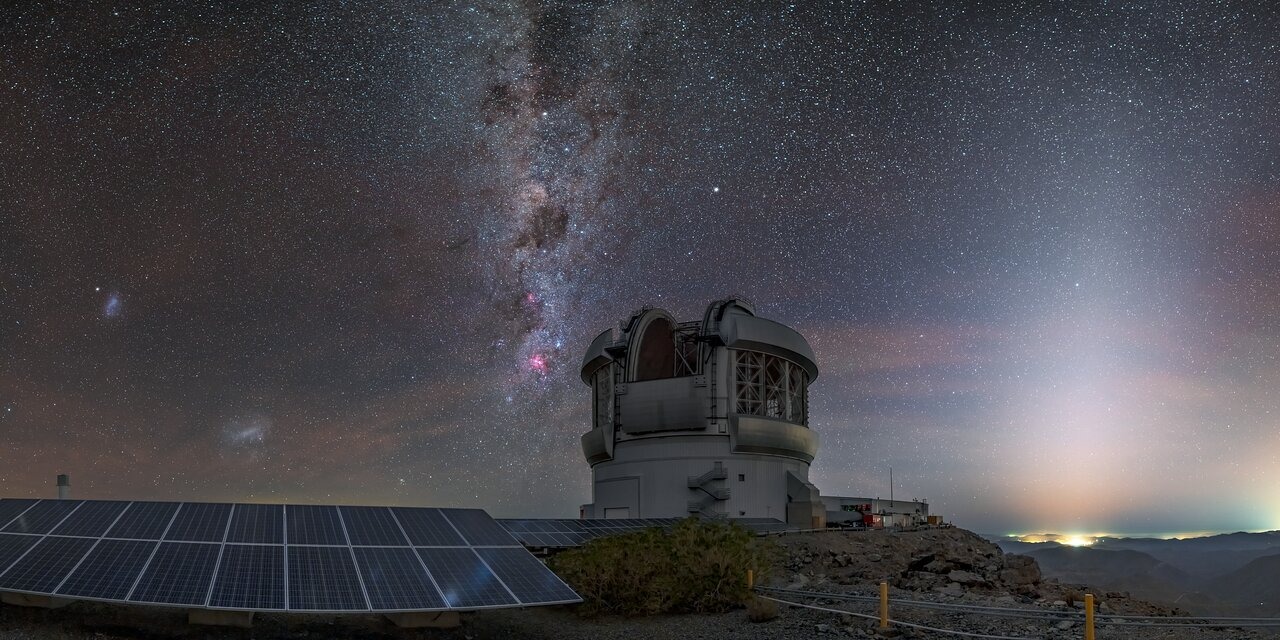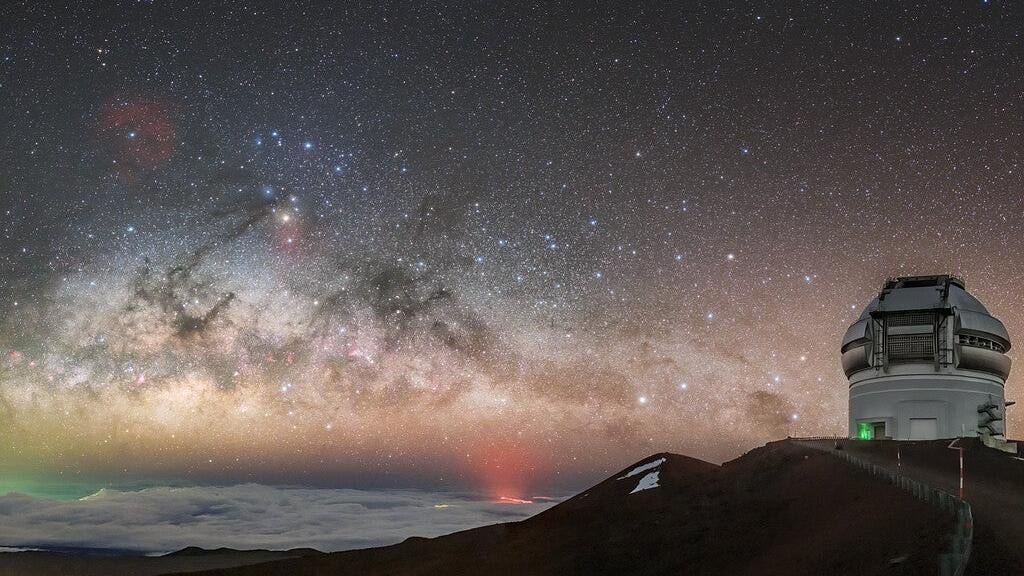The International Gemini Observatory, a pivotal player in global astronomical research, temporarily halted its operations due to a puzzling cyberattack. The identity of the attackers and their motives remain unknown.

The cyber intrusion occurred in the early hours of August 1 and resulted in the suspension of both the North and South Gemini telescopes. This was reported by the National Optical-Infrared Astronomy Research Laboratory (NOIRLab) on August 24. As a result of the attack, the North telescope located in Hawaii and the South telescope in Cerro Tololo, Chile, were both shut down. It’s worth noting that the observatories situated on Kitt Peak in Arizona were not targeted by cybercriminals.
As a preventative measure, the website Gemini.edu was taken offline. Due to security concerns, NOIRLab cannot disclose further details about the cyberattack. Nonetheless, the organization expressed gratitude to its security team for their swift response, preventing a worse outcome.

“Together with all members of the astronomical community, we are disappointed that some of our telescopes are temporarily offline. However, we can continue observations with some telescopes using backup systems. We express our gratitude to the astronomical community for their support during this challenging time and thank everyone for their patience while our teams work on restoring normal operations,” NOIRLab’s statement reads.
The National Lab remains optimistic about the telescopes’ imminent reactivation and return to regular operational status.
Unknown Hacker Motives
NOIRLab plays a significant role in ground-based optical and infrared astronomical observations, supported by the National Science Foundation (NSF). While the Gemini Observatory telescopes might not be the largest in size, they stand out due to their versatility, innovative instruments, and strategic placement in both the Northern and Southern hemispheres. This allows researchers to study a wide range of astronomical objects and phenomena.
As for the responsible parties behind this cyberattack or their motives, it remains a mystery. However, it’s worth noting that the U.S. National Counterintelligence and Security Center (NCSC) has previously alerted the public about such threats, including the potential for espionage in the space sector. This underscores the critical importance of space assets for national security and economic resilience.
Astronomical observatories have previously fallen victim to cyberattacks. Last year, the Atacama Large Millimeter/submillimeter Array (ALMA) in Chile became the target of such an attack. Hackers have also targeted NASA, prompting the organization’s leadership to emphasize the necessity of enhancing cybersecurity measures.
Previously, we reported on how hackers spread a dangerous virus through photos of the James Webb Space Telescope.
Source: Gizmodo

